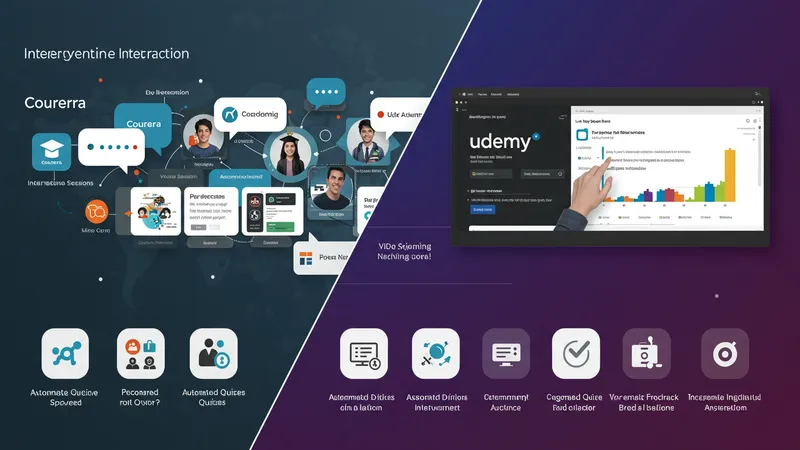
Online Education: Flexible Learning For The Modern World
Course Structure and Assessment Approaches in Digital Learning
Online learning platforms differ in their instructional frameworks. For example, Coursera frequently offers a combination of pre-recorded lectures and live sessions, augmenting traditional lectures with peer-reviewed assignments and interactive quizzes. Meanwhile, Udemy appeals to self-motivated learners with its fully self-paced video modules, allowing users to pause, rewind, and accelerate their studies as needed.

Assessment in online education is equally diverse. Many platforms deploy automated quizzes, real-time grading, and community feedback. Platforms like edX often include practical projects or proctored exams to validate comprehension, adding weight to the certifications. Learners benefit from immediate progress tracking, motivating consistent engagement and deeper understanding.
Collaboration tools further differentiate these platforms. Coursera and edX frequently include discussion forums, peer-grading systems, and group projects. This emphasis on community learning fosters networking and helps students clarify concepts by teaching others, emulating real-world teamwork environments. In contrast, Udemy’s focus is on individual skill acquisition rather than collaborative assignments.
Such diverse structures allow online learners to tailor their educational experiences. Some may seek accredited certificates from leading universities, while others focus on rapidly acquiring new skills or exploring personal interests. The freedom to choose the optimal mix of structure and flexibility underpins the appeal of modern digital learning platforms.